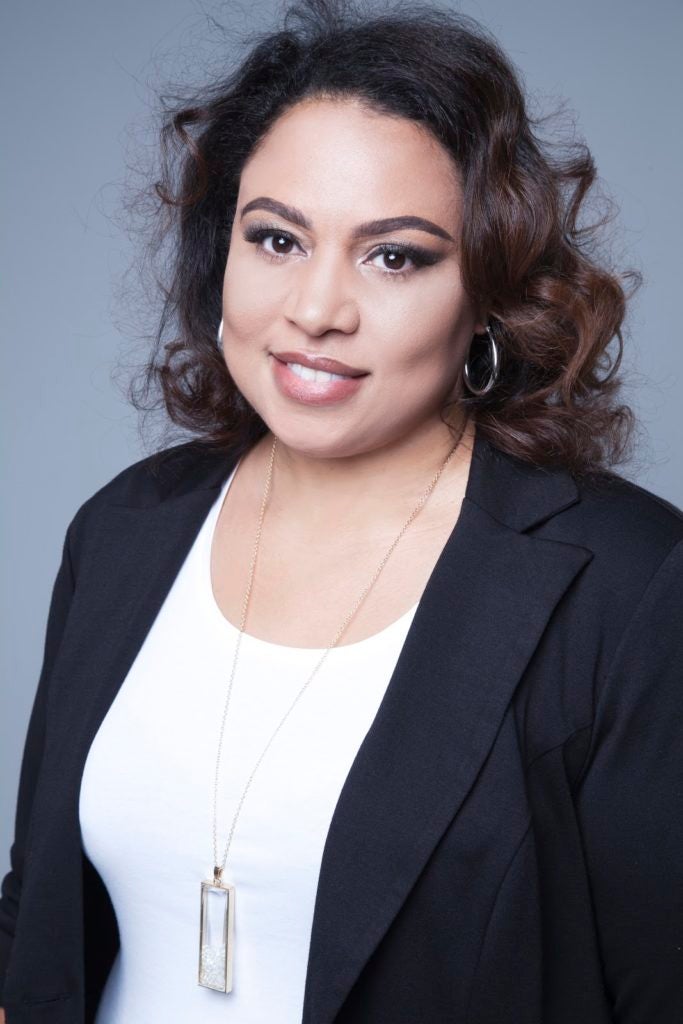For educators, being empathic is not enough.
Whether working with state Departments of Education or speaking at international conventions, Dr. Ayanna Cooper is, foremost, an advocate for culturally and linguistically diverse learners. In 2020, Cooper published two books that highlight the needs and stories of these students. And Justice for ELs: A Leader’s Guide to Creating and Sustaining Equitable Schools is a practical resource for administrators and educators who are working to fulfill the obligations of Title VI of the Civil Rights Act of 1964 for English learners (ELs). Black Immigrants in the United States; Essays on the Politics of Race, Language, and Voice focuses on a population that has been neglected for too long. Both books provide a challenge to educators. “Are we creating trajectories for [our learners] to succeed?” asked Cooper. “Do our words match our practices?
In And Justice for ELs, the focus is on building the capacity of district and school leaders to develop and manage English language programs and improve instructional practices. Cooper is heartened by the increased attention schools are giving to these issues now, although she knows there is a long way to go. She wants administrators, as they work on school plans and goals, to think ahead and “make certain that English learners do not come up as an afterthought.”
Black Immigrants in the United States, co-edited with Awad Ibrahim, is a collection of autobiographies and research articles that give voice to a “traditionally misunderstood, marginalized, and mispresented population.” While Black immigrants and refugees face many challenges, both in general and as ELs, the stories in this text also acknowledge their resiliency as they “navigate their lives in the United States,” explained Cooper. For educators, being empathic is not enough. Educators and administrators need to be pro-active, learning about the students they serve; only then can they stop the perpetuation of stereotypes. “Teaching English must become a form of intentional advocacy,” argued Cooper.
Cooper models this in her own career as a consultant and writer, and in her leadership role on the board of TESOL International Association.

Ayanna Cooper, Ed.D., is an educator, author, and advocate for culturally and linguistically diverse learners. Her projects involve providing technical assistance to state departments of education, school districts, and nonprofit organizations. She emphasizes the importance of building the capacity of district and school leaders to develop and manage English language programs as well as improve instructional practices for teachers of English learners. She is the author of And Justice for ELs: A Leader’s Guide to Creating and Sustaining Equitable Schools, co-editor of Black Immigrants in the United States: Essays on the Politics of Race, Language, and Voice (with Ibrahim), co-author of Evaluating ALL teachers of English learners and students with disabilities: Supporting great teaching (with Staehr Fenner and Kozik), and the Pass the Mic series editor for Language Magazine.
